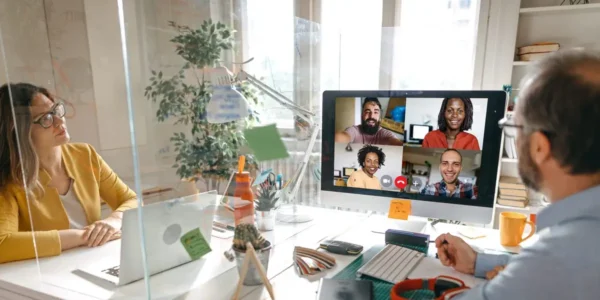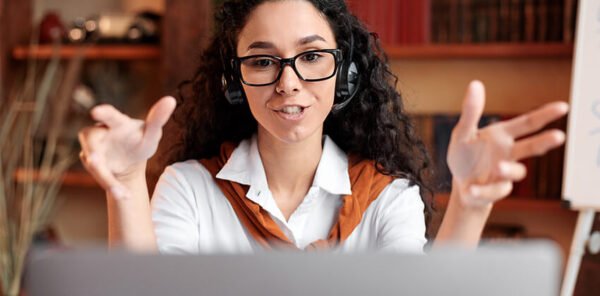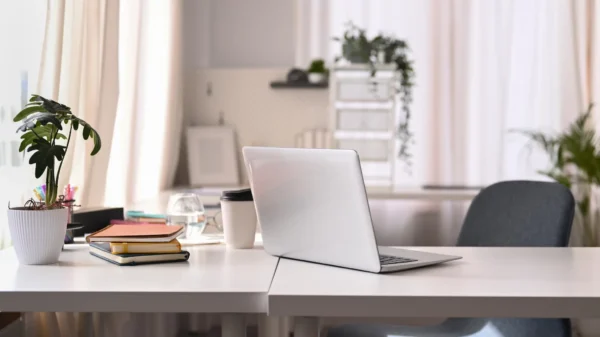
Key Steps that will Help Get Your Business Up and Running Safely

After so much disruption, getting your team back into your normal office space is an exciting prospect. However, these next few months need to be approached with caution as you invest in the necessary health and safety measures to keep you, your staff and clients safe.
In this guide, we’ll break down ten of the important steps to take today so you can reopen quickly and safely.
A quick note on the legal requirements of reopening during a pandemic: What follows is simply our advice on getting back to business. It’s important to read these guidelines in full yourself, before reopening — particularly regarding to the status of lockdown, which could quickly change.
Please click here to check if lockdown measures are currently in place within the business sector.
1. Review all government guidelines
To get your office up and running your absolute first priority is to review and follow all government guidelines, so you comply with the law, and protect the safety of yourself, your staff and clients.
For offices and contact centre the government has released official guidelines that cover eight key sections, ranging from social distancing rules to potential PPE requirements. Click here to access the entire document when drawing up your coronavirus action plan.
2. Conduct a COVID-19 risk assessment
As an employer, it is your legal responsibility to protect the wellbeing of staff, suppliers and clients and now it is even more important than ever.
Health and Safety Executive has issued new guidelines that require businesses to carry out new risk assessments in regards to COVID-19.
You can read their official guide for more information on what this needs to cover specifically, and use this recommended template. Your coronavirus risk assessment should highlight everything you’re going to do to limit the risks of COVID-19 within your space including: enforcing social distancing rules, setting up precise cleaning procedures, providing the necessary PPE, and keeping your staff updated on how you’re going to protect them.
Once you’ve ticked those boxes, display the government’s risk assessment certificate, to help reassure your staff and clients.
3. Hand sanitising
Frequent handwashing is recommended by the Government as the most effective way of preventing coronavirus spread. But frequent bathroom trips aren’t always practical in a busy office. That’s where hand sanitisers come in.
When picking a hand sanitiser, it’s important that it contains a WHO approved formula and is at least 60% alcohol-based.
Dispensing stations are a great idea, as they make it clear that hand sanitiser is available. Placing sanitiser dispensers near your front door, in kitchens, and around desk spaces, shows staff and clients how seriously you are taking the fight against coronavirus — you can even get dispenser units customised with your own corporate branding!
For more information on providing NHS standard hand sanitiser for your commercial space, click here to find out how we can help.
4. Cleaning & disinfecting
Keeping your surfaces COVID-secure will require a team effort. Create a rota outlining everything that needs doing and when.
Focus on the surfaces that pose the most risk, computer desks, keyboards, kitchen worktops and any communal office equipment (like pens and notebooks).
Next, create procedures that encourage cleanliness generally e.g. ramp up your toilet cleaning schedule. Ask staff to wipe down their desks regularly, especially if they’re working a shift or handing over to a colleague.
Government guidelines advise that your ‘usual cleaning products’ will be sufficient for this.
“Hot desking” or sharing of workstations should be avoided if at all possible.
5. PPE
Government guidelines stipulate that PPE is only essential in medical environments (other than the new rules for face masks in shops coming in from 24th July 2020). However, staff (and clients) might feel more comfortable wearing a face covering. Talk to your team and make face masks available.
6. Flexible work arrangements
Government rules state that all businesses must provide flexible work arrangements whenever possible. This means allowing your staff to continue working from home if they can.
It’s important to retain some flexibility, especially for those at higher risk. Be understanding of people’s home-lives; if they care for a friend, or home-school children, support them in this.
Remember, it’s still mandatory for those with a fever or new, persistent cough to self-isolate.
7. Enforce social distancing rules
Official government guidelines state that all staff and guests must keep a 1m (in England) or 2m (elsewhere) distance at all times.
To enforce social distancing measures:
- Provide 1m / 2m markers that remind staff, clients and any guests
- Be mindful of the amount of staff working each day/shift
- Space out desks as much as possible
- Consider alternate ‘work from home’ days if space is tight
Break areas should be reassessed, too.
8. Clear guidelines and signage throughout your premises
It’s still wise to leave health and hygiene reminders around your office e.g. the 1m / 2m markings mentioned, poster reminders to wash/sanitise hands, always cover your mouth when coughing, and sneeze either into a tissue or your arm.
If you implement new procedures, like a closure of communal kitchen areas, make this as clear as possible.
9. Manage the risk of transmission
When, or if, 1m / 2m distancing isn’t possible, do all you can to manage the risk of transmission by providing alternative ways of working that put the safety first.
If your office gets easily crowded, encourage working from home and/or take client meetings off-site, in an outdoor area of a local cafe.
Plexiglass screens are a great way of avoiding staff-to-client contact at reception desks.
10. Consistently monitor employee health/general circumstances
Monitoring the health of your employees is extremely important. Check in with staff daily. Ask about their health and general circumstances. If an employee is unwell, or if someone in their household has symptoms, immediately grant them sick leave, as advised by the government.
Encourage your team to be open about their circumstance. Show understanding, and make it easy for individuals to request any time off they need.
ABOUT THE AUTHOR:

Hugo Tilmouth is the founder of CleanedUp, a spin-off of ChargedUp, Europe’s largest phone charging network. CleanedUp is focused on stopping the spread of the COVID-19 virus by providing a network of hand sanitising dispensing stations in key locations across the country. For more information, visit their website: https://www.cleanedup.green/















































